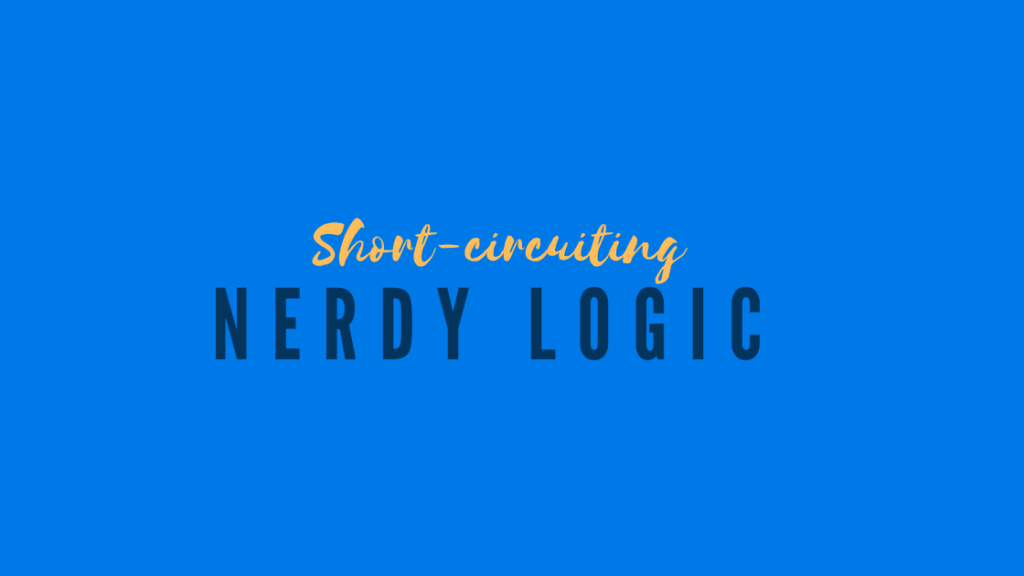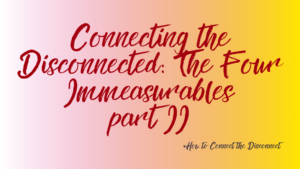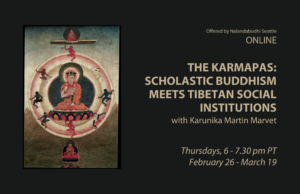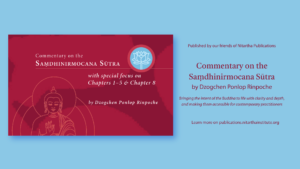Having studied science since I was very young, I became inoculated by what I call the “Western vaccine” of the “Galilean Method.” I practiced this approach for decades with discipline, diligence and exertion. In a way, one could call it a path. The Galilean Method is also known as the Scientific Method, which uses empirical evidence and logic to prove something is true. As a result, one gets used to leaving no room for fuzziness. There must be a reason based on evidence for things to happen or exist. It’s simply a matter of applying logic and sticking to the process.
It follows that you strongly believe there’s no reason why one can’t arrive at the proper explanation of any phenomenon. You just need to unsheathe the “scientific sword” and empirically, logically, progressively split the problem into smaller pieces until you get the answer. That’s your practice, so to speak.
From this perspective, it is not surprising how the teachings of the Buddha got my attention. They caught me with the hook of logic: There is no blind faith, no gods, no saviors, just a clear reasoning process. I remember saying to my mates that Dharma is for engineers, and they should check into it themselves.
As I got more involved in study and a formal daily meditation practice, something began happening: I became curious about looking into what I couldn’t explain. My strong habit of believing there was only one solid answer was softening, allowing for a gap that opened me up to other possibilities, and that felt very interesting.
Logic as a tool to dismantle logical fixations
Logic drew me to the Dharma, and at the same time, it was the tool to slowly dismantle my fixations and certainties — thinking something was only this or that. The first time I had this thought, I felt a spark of openness and freedom.
Openness comes out of this process and brings about humility. I felt grateful realizing how skillful and loving the teachings of Buddha can be. By leveraging one’s characteristics or habitual patterns, it allows one to slowly dismantle them.
I used to think logic brought about objective equality, where there was no space for subjective, self-centered views. Now, I think it’s the other way around. Why? Because when logic is applied blindly, merely for the sake of being right, it lacks openness and equality, making it really all about us and our pride.
The best practice for me became allowing myself to think, and sometimes even say, “I don’t know,” “I’m not sure,” and eventually asking, “What do you think?”
When we leave a space between black and white, this or that, then kindness can perfectly fill it in and create a colorful bridge. We can try this to overcome our self-centered view, to pause and step back from our ego. That helps us to listen with an open heart. We’re able to appreciate the opportunity to get closer to others, and possibly even be helpful to them.

Paolo Mazza has been a student of Dzogchen Ponlop Rinpoche since 2018, living in northern Italy. Paolo is a father of three, working in Innovation and Technology. Paolo loves hiking in the mountains and woods of the Alps.






